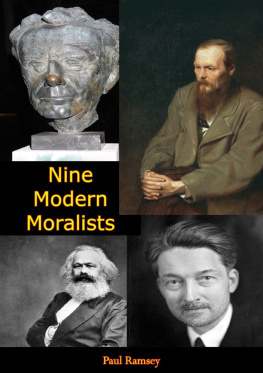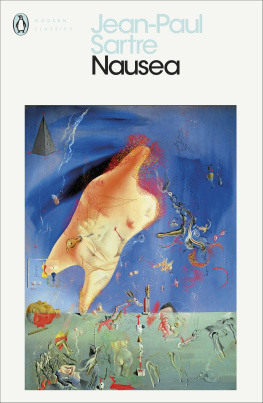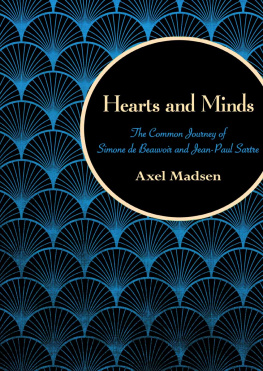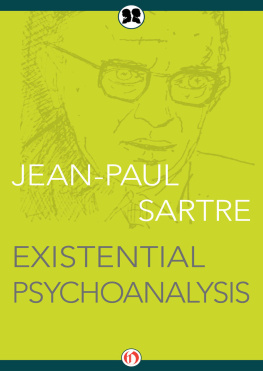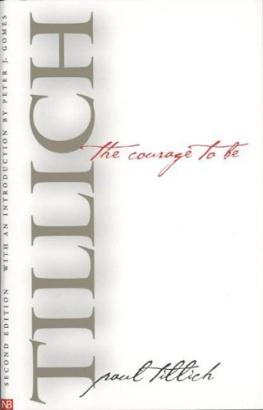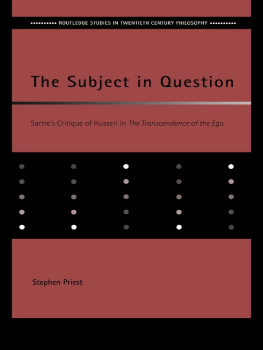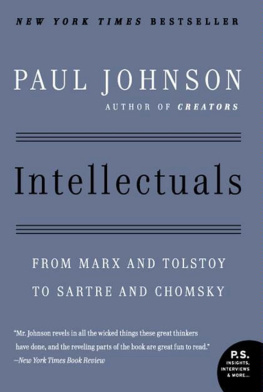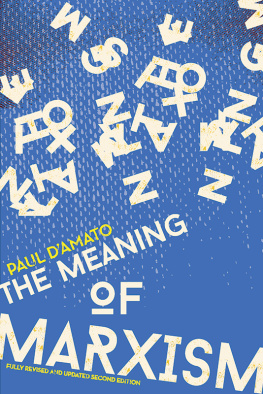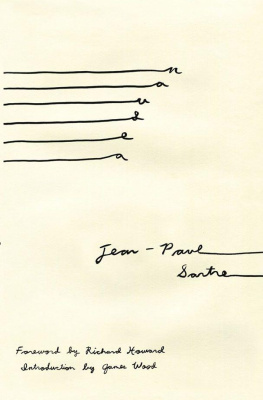

Barakaldo Books 2020, all rights reserved. No part of this publication may be reproduced, stored in a retrieval system or transmitted by any means, electrical, mechanical or otherwise without the written permission of the copyright holder.
Publishers Note
Although in most cases we have retained the Authors original spelling and grammar to authentically reproduce the work of the Author and the original intent of such material, some additional notes and clarifications have been added for the modern readers benefit.
We have also made every effort to include all maps and illustrations of the original edition the limitations of formatting do not allow of including larger maps, we will upload as many of these maps as possible.
NINE MODERN MORALISTS
BY
PAUL RAMSEY
TABLE OF CONTENTS
Contents
ABOUT THE AUTHOR
Paul Ramsey is currently Professor and Chairman of the Department of Religion at Princeton University. He is a member of the American Philosophical Association, the American Theological Society, and the National Council on Religion in Higher Education.
...The tendency of general benevolence to produce justice, also the tendency of justice to produce effects agreeable to general benevolence, both render justice pleasing to the virtuous mind.Jonathan Edwards, A Dissertation on the Nature of True Virtue
Acknowledgments
The author is grateful for permission to reprint the following material:
Religious Aspects of Marxism, by Paul Ramsey. From The Canadian Journal of Theology , Vol. V. 1959 by The Canadian Journal of Theology . Reprinted by permission of the publishers.
Gods Grace and Mans Guilt, by Paul Ramsey. From The Journal of Religion , Vol. XXXI (January 1951). Reprinted by permission of The University of Chicago Press.
On Living Atheism: No Morality without Immortality, by Paul Ramsey. From The Journal of Religion , Vol. XXXVI (April 1956). 1956 by The University of Chicago. Reprinted by permission of the publishers.
Selections from Being and Nothingness , by Jean-Paul Sartre, translated by Hazel Barnes. 1956 by The Philosophical Library, Inc. Original title Ltre et le nant; 1949 by Librairie Gallimard. Reprinted by permission of the Philosophical Library.
Christ Transforming Relativism, by Paul Ramsey. From Faith and Ethics : The Theology of H. Richard Niebuhr , Paul Ramsey, ed. 1957 by Harper & Brothers. Reprinted by permission of the publishers.
Christian Love and Natural Law, by Paul Ramsey. From Reinhold Niebuhr: His Religious, Social and Political Thought , Charles W. Kegley and Robert W. Bretall, eds. 1956 by The Macmillan Co. Reprinted by permission of the publishers.
DEDICATION
Dedicated to my twin daughters
JENIFER and JANET RAMSEY
Individual pearls of equal price
IntroductionSomething about Christian Social Ethics
The greatness of the men whose insight and reflections are the subject of the following chapters is obviously a sufficient justification for this volume. The reader who simply wants to learn what was felt and thought and believed by some of the outstanding minds of the immediate past and of the present can, it is hoped, do so by reading the chapters of this book as expository essays. Here he will find their thought anatomized; and, in relatively brief compass, it may be possible for him to become seriously engaged in thinking their thoughts after them. Certainly, no one can come to an understanding of the latest and best of contemporary ideas and ideals by going around these men; only by going through them can one gain a deeper understanding of himself and of our epoch. That is the first purpose of this book: to provide an introduction to nine selected modern moralists.
The second purpose is constructive and critical. Exposition and explanation by themselves are not the aim of these chapters. The highest tribute one can pay any thinker, or any body of writing, is to wrestle with it; and this may well be the best way to bring out the innermost and most vital meaning of what any man has said. I trust that in this wrestling I have nowhere simply commanded an issue to be gone, or have ignored the real meaning or the strength of an idea or point of view in rejecting or reformulating it. The procedure employed in criticism is always an internal one. This is to say that it always seems best to go as far as one can with another mans thought, developing it up to the point where some criticism or objection or revision unfolds itself, as it were, from within the system or structure of thought under examination. In this way the most constructive results may be expected from criticism; and, in this way also, constructive and critical essays may fairly aim to be explanatory ones.
As expository essays the chapters that follow may be taken one at a time and in any order, or one or more without the others. Their constructive and critical purpose, however, connects them all together. The author has been somewhat surprised at the extent to which this is true, when preparing for publication these papers which were written in some cases years apart.
Upon this connecting theme, or constructive viewpoint, that emerges in the several chapters, some introductory comment may be helpful.
There is a growing need today for some fresh turning of the earth in the field of Christian social philosophy, or theory of society. This may seem to be the statement of an unduly ambitious undertaking. Certainly it is, for a volume of essays on some modern moralists, Christian and otherwise, even if, independent or dependent on one another, these thinkers have had wide influence in ethical and social thought. Certainly it is the statement of an unduly ambitious undertaking for an author who has been diverted from this task of urgent and central theoretical and theological importance for ethics by a need felt to write on special problems in Christian ethics, and who must needs continue to be so diverted for the years to come (as may posthumous publications show!). But this simply means that the task of Christian social ethicsbasically so theological, basically so oriented toward concrete action in every sphereis a well-nigh impossible one. Still it would be to pass over in silence the ultimate intention even of this volume if I did not express my deepening conviction about what most sorely needs to be done in Christian social ethics at the present hour.
We can no longer spin in the spot where we have stood; the exhilaration and stimulation offered by the recent decades of theological revival will not bear simple repetition. This may be only because a rapidly changing society teaches us to inquire anew into how we are to understand our duties. You cannot step into the same river twice, or if you do you will find your feet in rather stagnant and tepid waters. Yet fresh thought is also needed because, at the level of theory itself, any formulation of Christian social ethics is always in need of reformulation, and our statements of the Christian view of political societyif the light it mediates is not to grow dimin some ages need to be relit, and in all ages need to be kept trim. We should not hastily assume that wisdom will die with our immediate predecessors who have given us great statements of Christian social ethics, and modestly go on repeating their categories and their analysis. It may turn out to have been the case that we are less perceptive than they; yet the task of theological ethics in providing the guidelines for human action is a continuing one. Standing upon the shoulders of the pastincluding more than our immediate pastwe may be able to see visions of lands they did not fully glimpse, or see them in a new focus made possible by their work and by our own changing times.
Next page
